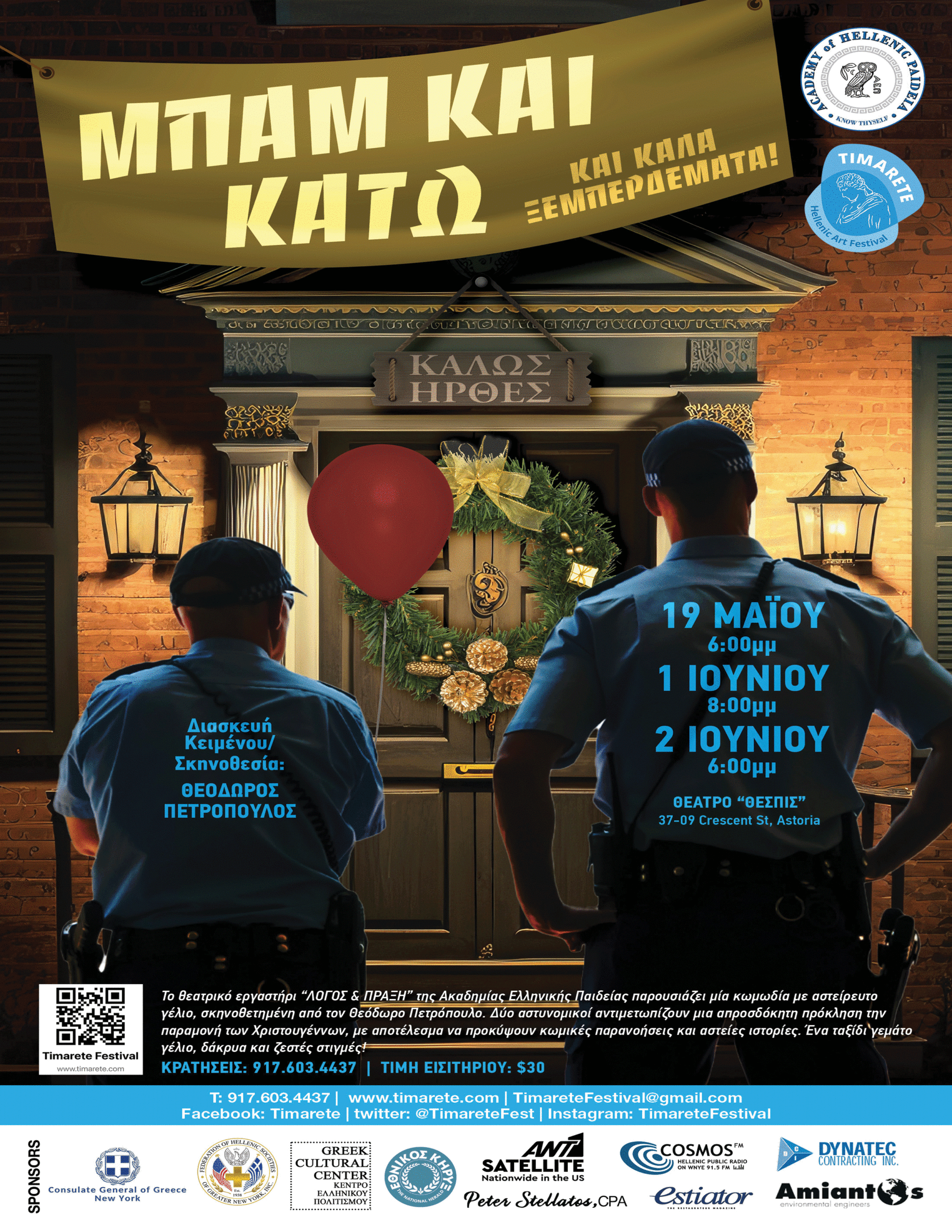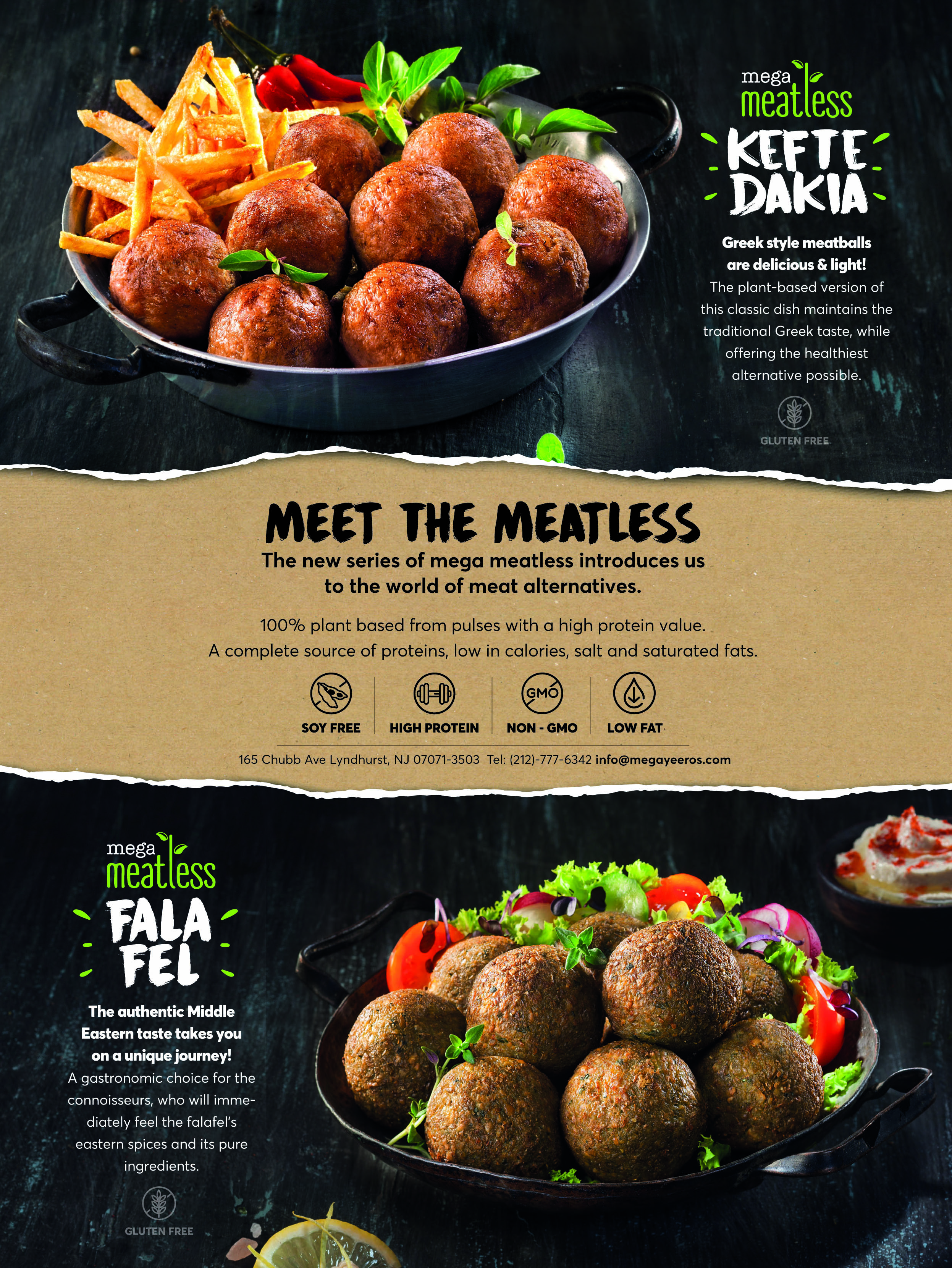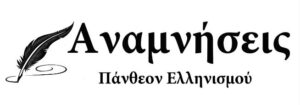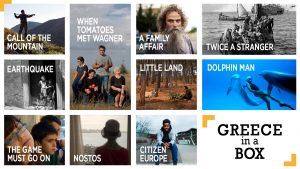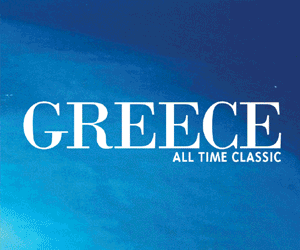Know Thyself
Posted by estiator at 10 February, at 08 : 39 AM Print
MANAGING FOR SUCCESS By CONSTANTINE N. KOLITSAS Business Coach
In my life’s paths and experiences, I’ve come to understand that one of the most important keys to success is in understanding myself and being honest. Recently, entrepreneur maximus Elon Musk tweeted about what are known as the 50 cognitive biases, and in reading through them I found myself affirming some truths about myself that I tend to sweep under my mind’s carpet, and others that I realized as I scrolled through the article. Toward that end, I thought I’d help to enlighten Estiator readers, hoping that you may also find an epiphany or two and then self-correct. As our ancestor Socrates (taking the lead from a Delphic oracle) once said, “To know thyself is the beginning of wisdom.” To start, I went to that bastion of knowledge, Google, to find an acceptable definition of “cognitive bias” that could start off our journey of self-exploration, and came up with the following: Cognitive biases are unconscious errors that result from our brain’s efforts to simplify our complex world. These biases, it continued, “have direct implications on our safety, our interactions with others, and the way we make judgments and decisions in our daily lives.”
Of the fifty cognitive biases, the ones I found most impactful from a restaurant managing perspective are as follows…
Halo Effect: When you ascribe positive attributes to someone that are not true because you’ve witnessed other positive attributes in that person. For example: You have a hardworking line cook who is agreeable, temperate, and honest. Because they have those attributes, you mistakenly think they are also a good leader, detail-oriented, and/or dependable.
False Consensus: When you think your staff (or most of them) agree with you; which may not be the case.
Curse of Knowledge: Because you know something, you assume everybody knows it.
Sunk Cost Fallacy: When we double down on our bad decisions to avoid accepting loss or defeat. Think “throwing good money after bad.” Naïve Realism: When you think your grasp of reality is better than that of others.
Naïve Cynicism: When you think everyone around you is just out for themselves.
Suggestibility: When we mistakenly (however honestly) take credit for an idea someone else said that is stored in our memories.
Blind Spot Bias: When we think we don’t have as many cognitive biases as others.
Groupthink: When people go along with the rest of the group, primarily to avoid conflict.
As our ancestor Socrates (taking the lead from a Delphic oracle) once said, “To know thyself is the beginning of wisdom.”
Bystander Effect: When we are less likely to act on something when we’re in a crowd.
Status Quo Bias: When we want things to stay as they are rather than accept change that is to the best.
Declinism: When we romanticize the past to the point that we believe the current times are in decline.
Confirmation Bias: When we are convinced of something because the information we receive confirms what we already believe. Authority Bias: When we assume someone in a position of authority knows what they’re talking about.
Placebo Effect: When we think something will work because we’ve seen a small positive effect.
Survivorship Bias: When we forget about the many invisible failures by focusing on the successes.
Ben Franklin Effect: When we have a positive impression of someone because we’ve done them a favor.
The Dunning-Kruger Effect: When you are increasingly confident in areas where you have no competence because you’re too incompetent to understand that you don’t know what you’re talking about.
The Reverse Dunning-Kruger Effect: When you are plagued with doubts in areas where you have great competence.
Understanding how our brain takes short cuts that can undermine our judgment (however subconsciously those short cuts may occur) is key to separating what we believe from what is fact. In an era where facts are in short supply, and the groupthink seems to challenge the concept of what a truth/fact is and if “truth/facts” as we traditionally understood them indeed exist, this shortlist should help us to at least come to terms with ourselves. (Today’s postmodern thinkers argue that truths are relative to an individual’s culture, ethnicity, religion, and political beliefs, among others.)
Going back to the ancients: Socrates believed that true wisdom rested in knowing what we do not know; in recognizing the limits of our own wisdom and understanding. By “knowing thyself,” one could break the chains of our own ignorance.
And while I’m not sure where Elon Musk stands on the entire “what is truth” debate, I’m sure his blind spot bias informs that stand. Just as it does for me, and for you.
Constantine Kolitsas is the president of CNK Consulting, a restaurant consultant and coaching business. He can be reached at 203-947-6234 or at ckolitsas@gmail.com.




